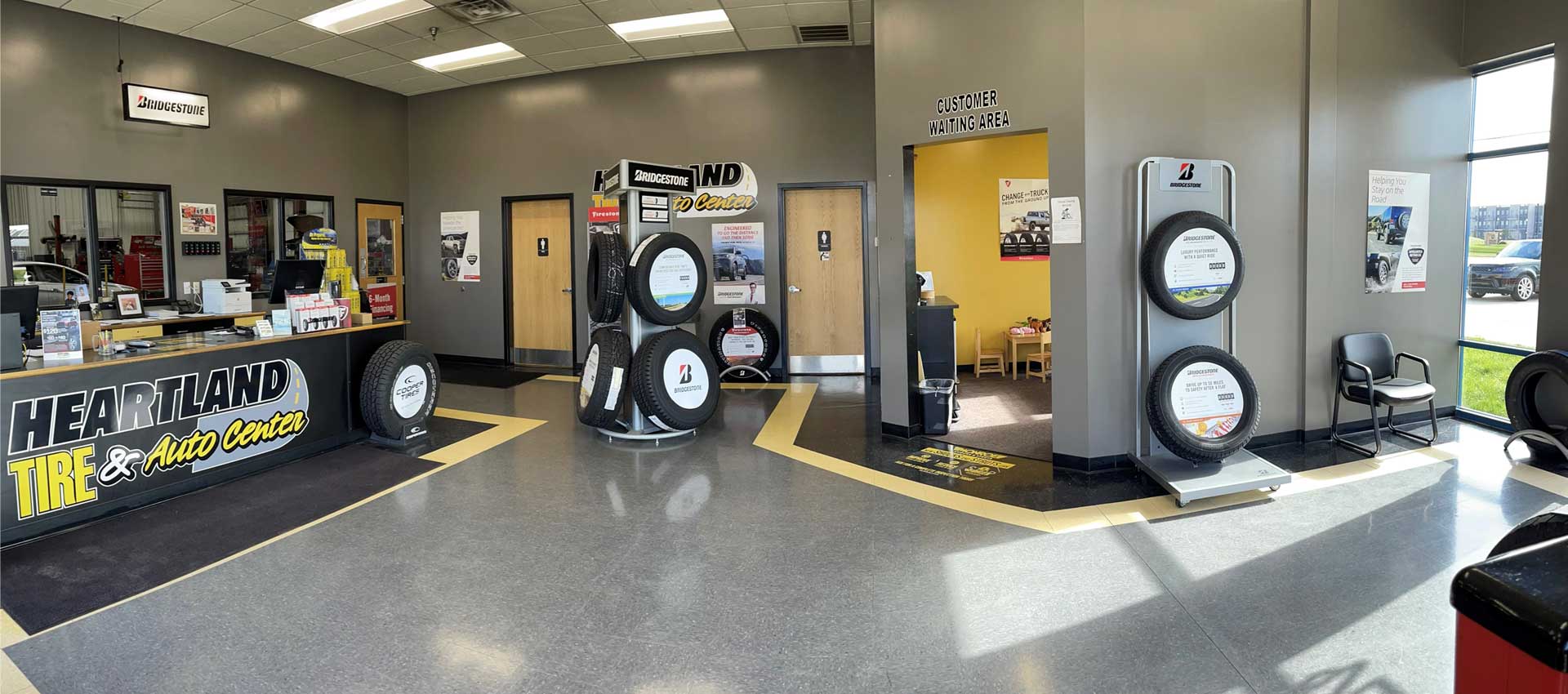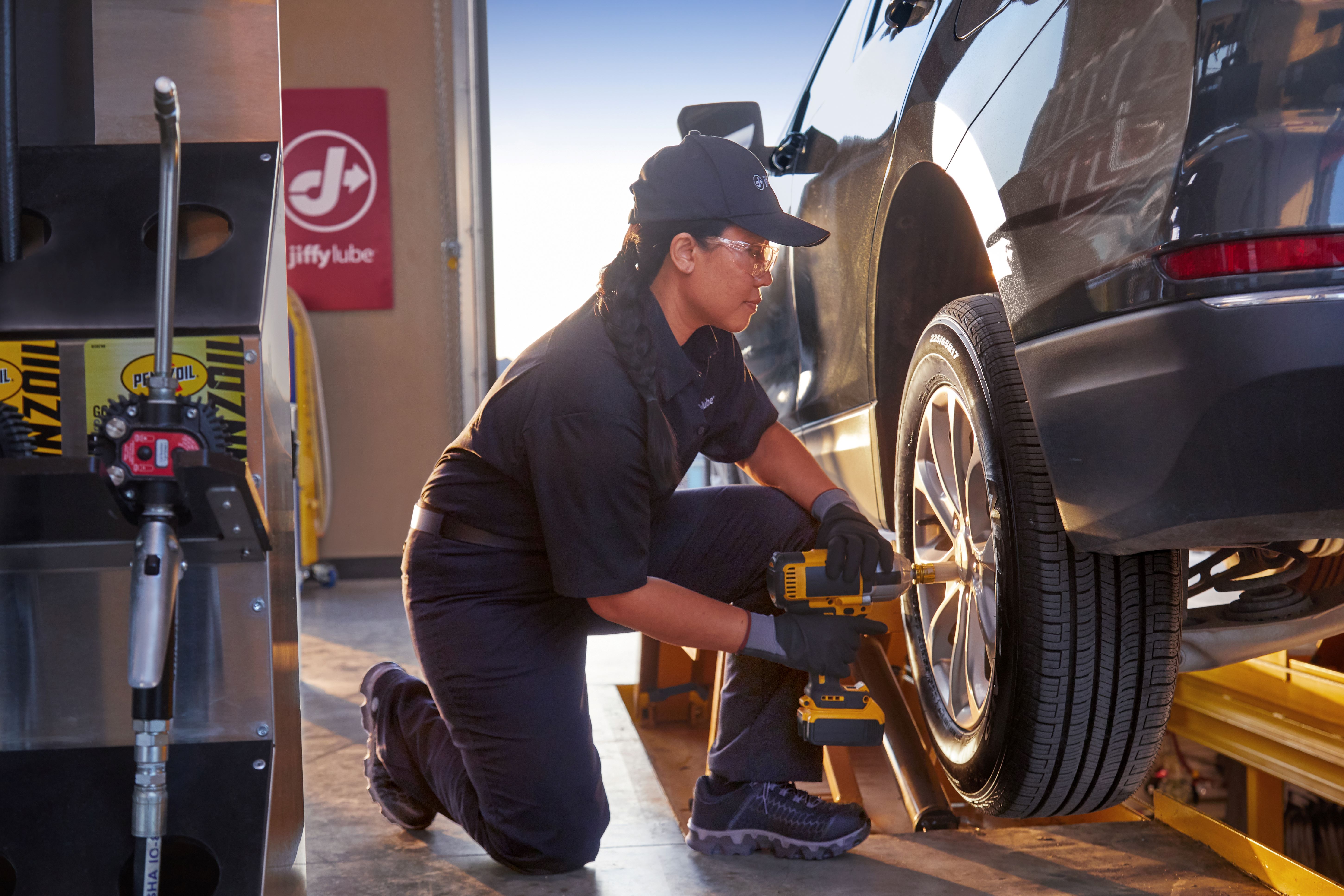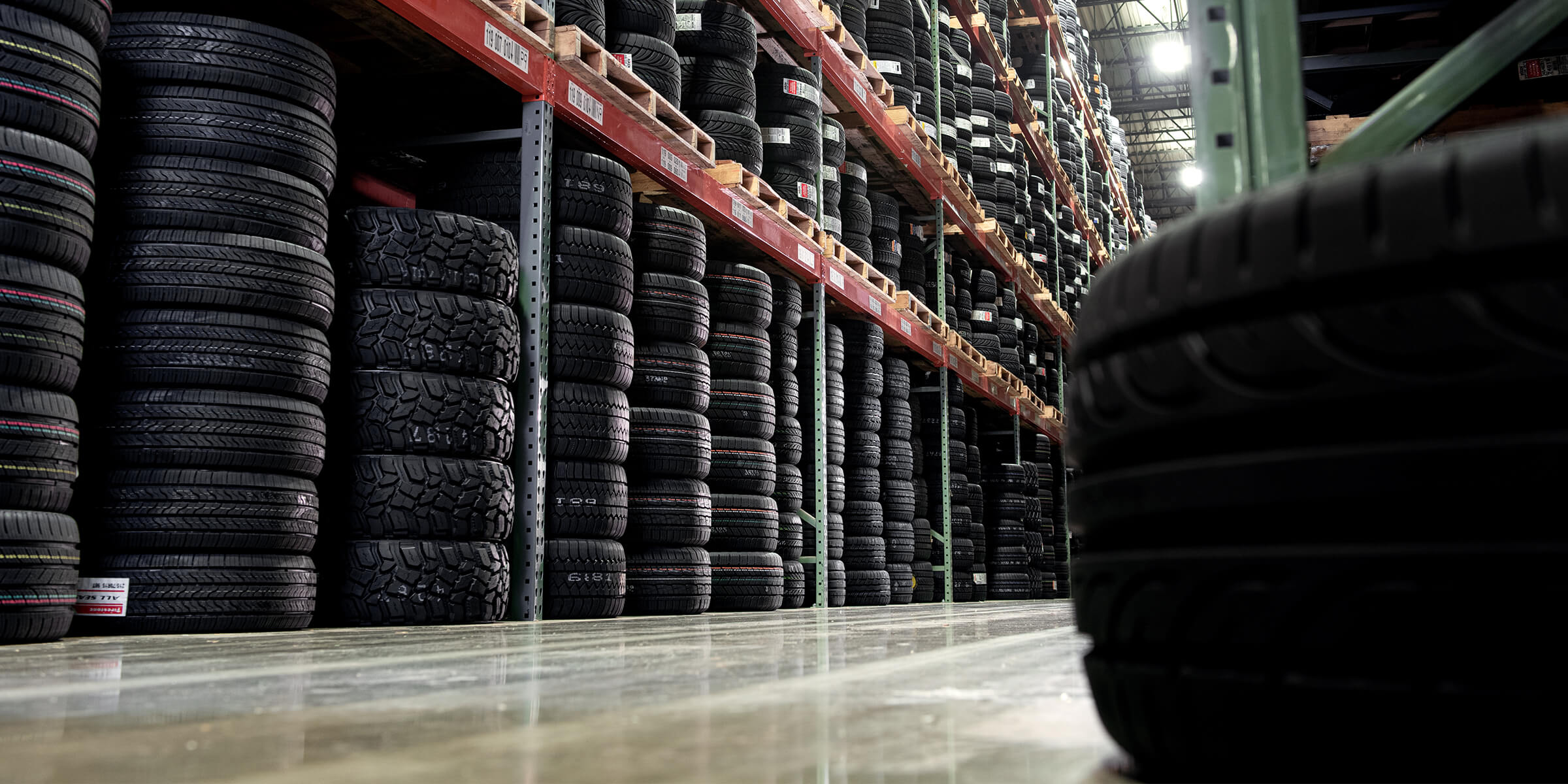Locate the Best Tires Morris IL: Comprehensive Choice Offered
Locate the Best Tires Morris IL: Comprehensive Choice Offered
Blog Article
Tire Service: Understanding Tire Pressure Tracking Systems
Comprehending Tire Stress Tracking Equipments (TPMS) is an important facet of maintaining ideal car efficiency and safety and security on the road. With innovations in automotive innovation, TPMS has actually become a common feature in contemporary lorries, offering real-time details on tire stress levels.

Relevance of TPMS
The importance of Tire Pressure Surveillance Equipments (TPMS) depends on their capability to boost vehicle security and efficiency via real-time surveillance of tire pressure levels. Preserving the proper tire stress is important for making certain optimum handling, stopping, and total safety of a car. TPMS supplies vehicle drivers with prompt feedback on any overinflated or underinflated tires, enabling prompt changes to be made.
Components of TPMS
Making up various crucial aspects, a Tire Pressure Monitoring System (TPMS) operates as an advanced safety attribute in contemporary cars. The main parts of a TPMS consist of sensors, a control module, and a warning indication. Sensors are commonly located in the tire valve stem or affixed to the wheel assembly, where they gauge tire pressure and send data to the control component. The control module processes this details and activates a caution if it finds considerably reduced pressure in any of the tires. The warning indication, frequently an icon on the dashboard, informs the driver to examine the affected tire or tires. Some advanced TPMS designs additionally display the actual tire pressure analyses for each tire, offering motorists with real-time details to ensure ideal tire efficiency and safety and security. By checking tire stress constantly, TPMS assists protect against accidents, decreases tire wear, and enhances gas performance, making it a crucial component for car security and efficiency.
Kinds of TPMS

On the other hand, indirect TPMS counts on the automobile's wheel speed sensing units to keep an eye on tire pressure. This system detects underinflation by contrasting the rotational speeds of the wheels. Indirect TPMS is much less costly than straight TPMS, as it utilizes existing sensing units within the vehicle.
While straight TPMS provides more exact readings, indirect TPMS is less complex in design and normally requires much less upkeep. Both systems have their advantages and constraints, and the option in between them usually relies on variables such as price, lorry make, and personal preference. Understanding the differences in between these two kinds of TPMS can aid vehicle owners make educated choices concerning tire maintenance and safety and security.
TPMS Upkeep Tips
Conduct routine checks on the tire stress levels and contrast them with the TPMS readings to guarantee they are consistent. Throughout tire turning or replacement, make certain that the TPMS elements are taken care of very carefully to prevent any type of potential damages. If the TPMS warning light brightens on the dashboard, attend to the issue without delay by inspecting the tire stress and the general system for any type of faults.
Advantages of Proper Tire Stress
Keeping appropriate tire pressure, as stressed in TPMS Upkeep Tips, is critical for enjoying the various advantages linked with ideal tire pressure degrees. Additionally, correct tire stress guarantees even tire wear, expanding the life expectancy of the tires and promoting more secure driving conditions. In conclusion, the advantages of proper tire stress go beyond simply important link tire durability; they encompass boosted fuel performance, improved safety, much better car efficiency, and overall driving convenience.
Final Thought
To conclude, recognizing tire pressure tracking systems (TPMS) is essential for keeping optimal tire stress and guaranteeing lorry security. By identifying the significance of TPMS, recognizing with its components, recognizing the different types readily available, adhering to appropriate upkeep suggestions, and understanding the benefits of preserving correct tire pressure, motorists can enhance their driving experience and extend the life-span of their tires. Proper tire pressure is vital to effective and risk-free car procedure.

Report this page